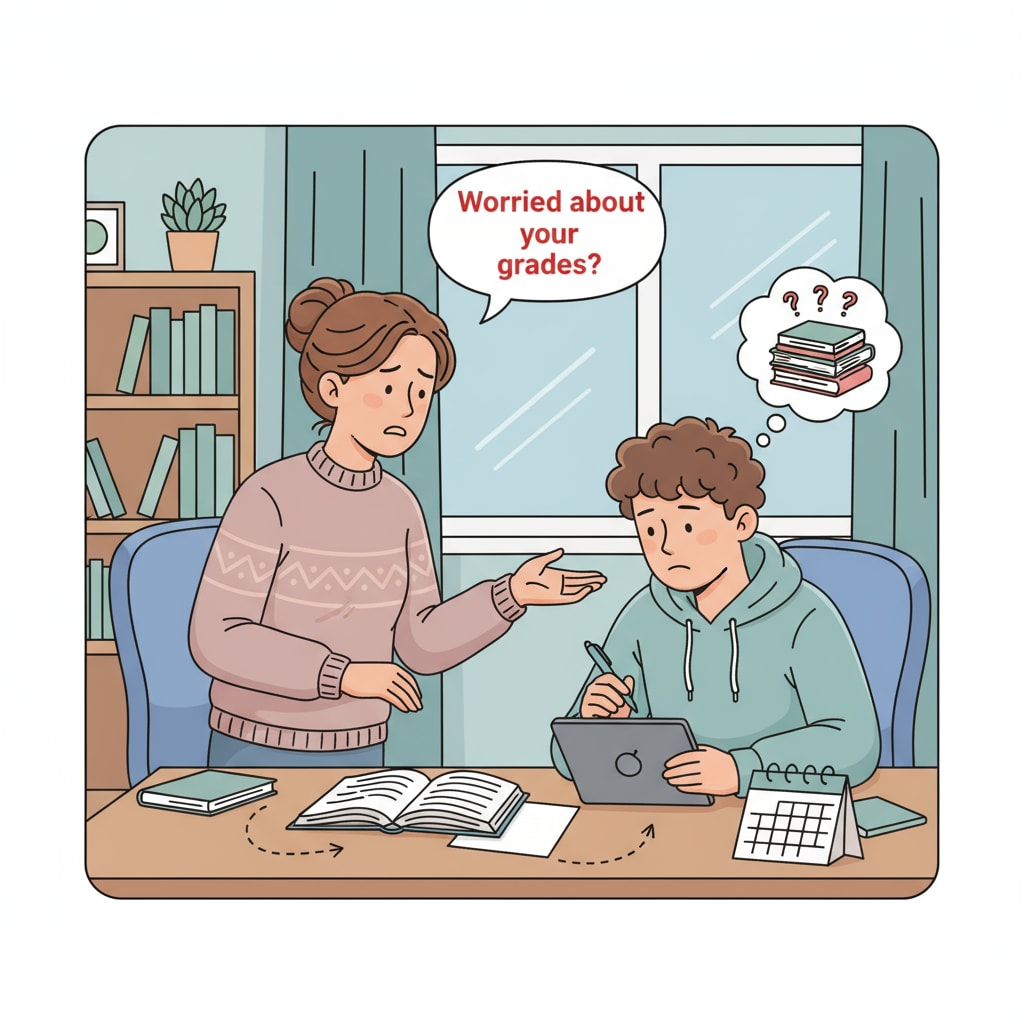In the realm of high school education, the issues of calculus, excessive expectations from parents, and parental intervention have become topics of great concern. Take, for example, a parent who was extremely worried because their daughter, a high school freshman, didn’t understand calculus. This case reflects the prevalent phenomenon of parents having unrealistic educational expectations for their children.

As we delve deeper, it’s crucial to analyze the implications of such situations.
The Unrealistic Expectations Phenomenon
Nowadays, many parents have set unreasonably high educational goals for their high school children. They often assume that advanced knowledge like calculus should be mastered at this stage. This kind of thinking is, in part, due to the highly competitive environment in modern society. Parents fear that if their children don’t keep up, they’ll fall behind. For instance, some parents enroll their children in numerous after-school calculus courses, believing it will give them an edge. However, they fail to consider the students’ actual learning abilities and development rhythms.

The Impact on Students
This overemphasis on calculus and other advanced knowledge can have a detrimental impact on high school students. Firstly, it can cause excessive stress. Students already have a heavy workload in high school. Adding the pressure to master calculus can lead to burnout and a negative attitude towards learning. Secondly, it might disrupt the normal learning process. Students need to build a solid foundation in basic knowledge before moving on to more complex concepts. Forcing them into calculus prematurely can prevent them from fully understanding fundamental principles.
To address this issue, parents need to establish more scientific and reasonable educational concepts. They should understand that every child has their own learning pace. Instead of pushing for advanced knowledge like calculus too early, they should focus on cultivating good learning habits and a love for learning. By doing so, students can develop in a more healthy and sustainable way.
Readability guidance: The key points here are clear. Parents’ unrealistic expectations are a major problem. Students are affected negatively. And a change in educational concepts is essential. We use simple language, control sentence length, and add transition words like “firstly”, “secondly” to make the text flow smoothly.


